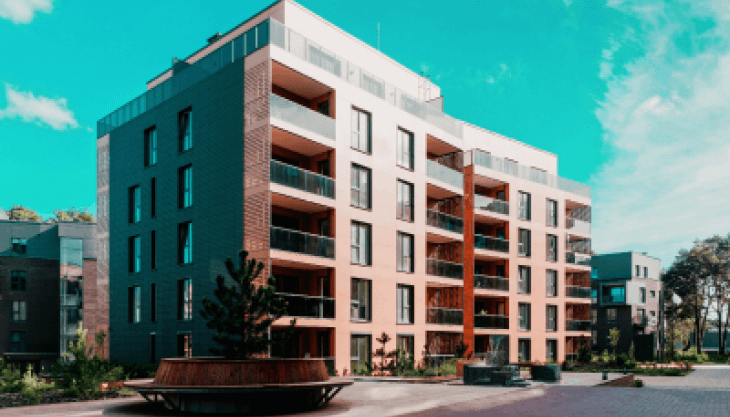A successful approach for managing resources in multi-dwelling units is the implementation of intelligent measurement devices. Intelligent measurement devices provide real-time data on energy and H2O consumption. This data allows property managers to detect trends and patterns in utility consumption. For example, if a particular apartment consumes considerably greater H2O than its neighbors, the administrator can examine potential leaks or encourage the resident to embrace additional water-saving habits. By addressing these issues promptly, managers can minimize loss and lower utility expenses for everyone residents.

Another important aspect of digital resource administration is the implementation of eco-friendly technologies. Numerous multi-dwelling buildings can benefit from energy-efficient lighting, heating, and air conditioning systems. Such technologies not just reduce power consumption but also decrease service bills. Building managers can utilize digital systems to track the performance of such solutions and implement changes as needed. For example, if a heating this hyperlink system is not functioning functioning effectively, the manager can schedule repairs or upgrades to guarantee optimal efficiency.
In addition to intelligent meters and energy-efficient solutions, cloud utility administration can enhance interaction between building managers and tenants. A cloud-based platform can offer tenants with visibility to their utility consumption information, allowing them to monitor their usage. This transparency motivates tenants to be more conscious of their utility consumption. Furthermore, building managers can send alerts about service schedules, eco-friendly advice, or community activities through the system. Improved communication cultivates a sense of community and motivates tenants to participate in resource-saving efforts.
Finally, adopting cloud resource administration approaches can lead to a more sustainable living environment. By optimizing resource use, multi-dwelling units can considerably lower their environmental impact. This is crucial not just for the tenants but also for the environment. As more an increasing number of individuals become conscious of environmental issues, they are likely to appreciate living in a building that prioritizes sustainability. Property managers who implement these strategies can attract environmentally conscious tenants, enhancing the building's reputation and possibly boosting its worth. In conclusion, efficient digital utility administration is essential for creating efficient, comfortable, and eco-friendly residential environments in multi-unit buildings.